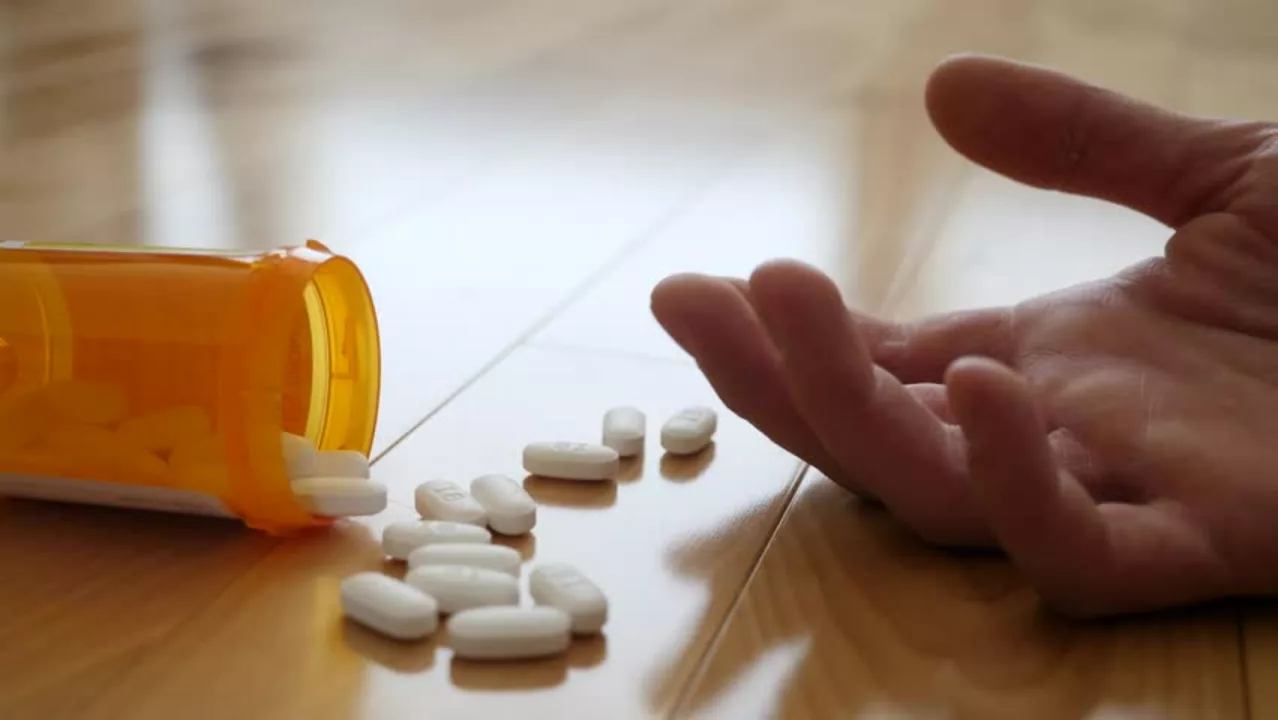Toxicity: Spotting Drug Risks and Staying Safe
Ever taken a pill and wondered if it could harm you? Toxicity is the medical word for when a medicine or supplement causes damage instead of help. Knowing the red flags can save you from nasty side effects, hospital trips, or worse. Below we break down what toxicity looks like, why it happens, and simple habits that cut the risk.
Common Signs of Toxic Reactions
The body usually shouts when something’s wrong. Look for these signals soon after you start a new drug or change the dose:
- Nausea, vomiting, or stomach cramps – your gut is often the first place chemicals go.
- Dizziness or sudden weakness – could mean blood pressure is dropping or the brain isn’t getting enough oxygen.
- Skin rashes, itching, or swelling – a classic sign of an allergic or toxic response.
- Unexplained fever or chills – sometimes the immune system reacts to a harmful buildup.
- Changes in urine color or frequency – kidneys filter toxins; odd urine may mean they’re struggling.
If any of these appear, pause the medication and call your pharmacist or doctor. Quick action stops the problem before it spreads.
How to Reduce Your Risk
Most toxicity issues are preventable with a few everyday habits:
- Read the label. Even over‑the‑counter pills have dosage limits and warnings. Don’t assume “natural” means safe.
- Tell your doctor everything. List every prescription, supplement, and herb you use. Interactions are a major cause of toxicity.
- Follow the exact dose. Skipping or doubling doses can push drug levels into a dangerous zone.
- Watch for timing. Some meds need food; others must be taken on an empty stomach. Timing changes how quickly the body absorbs them.
- Stay hydrated. Water helps kidneys flush out excess substances, keeping blood levels stable.
If you travel or buy medicine online, double‑check that the source is reputable. Fake pills often contain harmful fillers that raise toxicity risk.
When Toxicity Becomes an Emergency
Not every reaction needs a hospital, but some do:
- Severe breathing trouble or swelling of the face and throat.
- Chest pain, fast heartbeat, or loss of consciousness.
- Sudden severe vomiting that won’t stop.
If you see any of these, call emergency services right away. Keep a list of your meds handy so responders know what they might be dealing with.
Remember, the goal isn’t to scare you off medication—it’s to give you tools to use them wisely. By spotting early signs and following simple safety steps, you keep toxicity at bay and get the benefits you need from your treatments.
Got a specific drug in mind? Our tag page pulls articles on Sinemet, Medrol, Plavix, and many others—each one breaks down side effects, proper use, and what to watch for. Use those guides as a cheat sheet before you start any new prescription.
As someone who's researched Azathioprine overdose and toxicity, I can tell you that it's essential to be cautious with this medication. Azathioprine is an immunosuppressive drug often prescribed to treat autoimmune diseases and prevent organ transplant rejection. However, taking too much can lead to severe side effects like bone marrow suppression, liver damage, and even life-threatening infections. To avoid these risks, it's crucial to follow your doctor's dosage recommendations and monitor any side effects closely. If you suspect an overdose, seek immediate medical attention to prevent severe complications.

